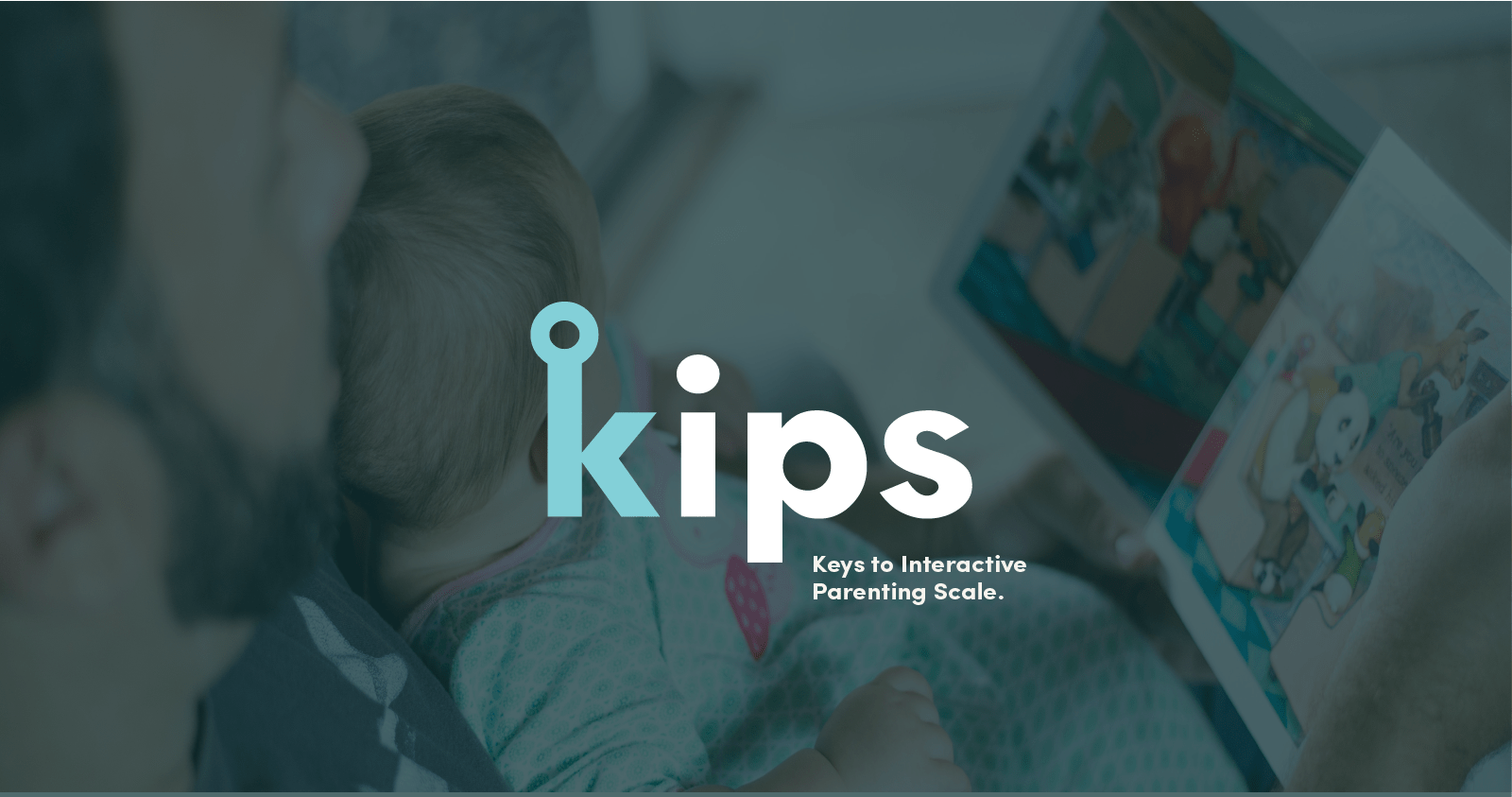Maria de Montessori Pioneering Progressive Education
Revolutionizing Education: The Legacy of Maria de Montessori
In the annals of educational history, one name stands out as a beacon of progressive pedagogy – Maria de Montessori. This trailblazing woman’s impact on the world of education is nothing short of revolutionary, shaping the way we perceive teaching and learning.
Foundations of Progressivism: Montessori’s Vision Unveiled
Maria de Montessori’s vision was grounded in progressivism, an ideology that placed emphasis on individuality, hands-on learning, and the nurturing of a child’s natural curiosity. Her innovative approach aimed to move away from rote memorization towards an education that spoke to the unique needs of each child.
The Montessori Method: A Pedagogical Breakthrough
Central to Maria de Montessori’s revolutionary approach was the development of the Montessori Method. This method focused on creating an environment where children could learn at their own pace, with the teacher serving as a guide rather than an authoritarian figure. The emphasis was on fostering independence and a love for learning.
Child-Centric Philosophy: Placing the Child at the Center
At the heart of Montessori’s philosophy was a deep respect for the child. She believed in creating an environment that recognized and celebrated the individuality of each student. Maria de Montessori’s approach went beyond academics; it was about nurturing the whole child – intellectually, emotionally, and socially.
Hands-On Learning: From Theory to Practice
A cornerstone of Maria de Montessori’s method was the incorporation of hands-on learning. She believed that children learned best through direct experience, manipulating objects, and engaging with their environment. This kinesthetic approach ensured a deeper understanding of concepts, laying the foundation for a lifelong love of learning.
The Prepared Environment: A Classroom as a Universe
Montessori classrooms are often referred to as “prepared environments.” These spaces are meticulously designed to encourage exploration, creativity, and independence. Maria de Montessori envisioned the classroom as a universe where every element, from materials to furniture arrangement, played a role in the educational journey.
Freedom Within Limits: Empowering the Child
Contrary to traditional educational systems, Maria de Montessori advocated for freedom within limits. She believed that providing a structured yet flexible environment empowered children to make choices, fostering a sense of responsibility and self-discipline.
Teacher as Guide: Nurturing Potential
In Montessori education, the role of the teacher is transformed into that of a guide. Maria de Montessori envisioned educators observing and facilitating rather than dictating. This shift in perspective allows teachers to recognize and nurture the unique potential of each child, guiding them on their individual learning journeys.
Montessori Worldwide: A Global Educational Movement
Maria de Montessori’s impact has transcended time and borders. Her progressive ideas have fueled a global educational movement, with Montessori schools established worldwide. The principles of individualized learning, hands-on experience, and child-centric education continue to influence educators and parents alike.
In the spirit of Maria de Montessori’s groundbreaking vision, modern education continues to evolve, embracing her principles and adapting them to contemporary needs. To explore more about the transformative legacy of Maria de Montessori, visit essayoutlinewritingideas.com and delve into the progressive world of Montessori education.




